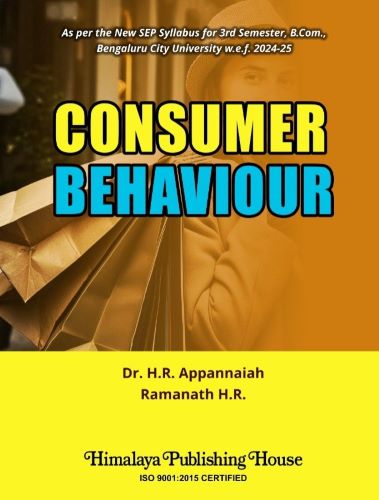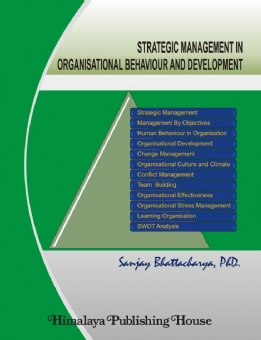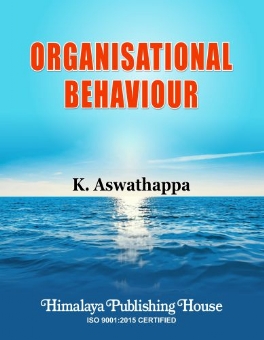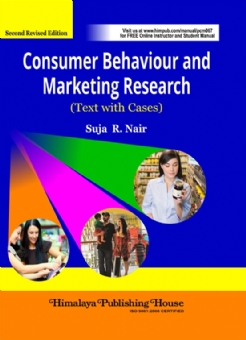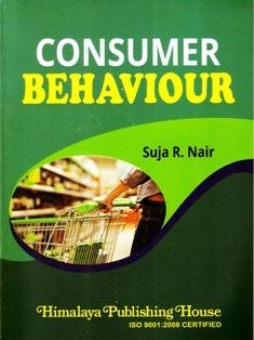Customer value may be understood as the degree of relationship or ratio that exists between the customer’s perceived benefits (which include economic, psychological and functional) and the resources used (time, effort, money etc.,) to avail these benefits. Supposing a company wants to deliver standard quality, standard service, standard cleanliness. These standard core variables are expected from customers and are delivered by companies.
Customer satisfaction is a psychological phenomenon and it may be the perception of the individual regarding the performance of the product or service in relation to one’s expectations. The customer perception differs from customer to customer. The varied perceptions cannot be satisfied. But companies produce wide variety of goods and services which normally satisfy the needs of different customers.
Customer retention is the focal aspect of the study of consumer behaviour. Consumers have to develop loyally with the organizations to stay with them and they need not and should not shift from one company to another to satisfy their needs. Thus it becomes by providing quality product and service.
Consumer behaviour is a new field of study, which emerged on the marketing scene in the late 1960s. The theory of consumer behaviour is the outcome of blending the concepts drawn from sociology (the study of group), psychology (the study of individual), Economics (to form the basis of the new marketing discipline) and Anthropology (the influence of the society on individual).
Consumer behaviour – encompasses the issues such as individual aspects of consumer (their needs, motivation, personality, perception, learning and memory, attitude etc.,), environment factors (family influence, culture and cross-cultural influences, group influence and social class influences) and consumer decision making power to buy the product or service and finally the satisfaction derived by consuming the product or service. These aspects are fully dealt in this title “Consumer Behaviour”.
Contents –
UNIT 1 INTRODUCTION TO CONSUMER BEHAVIOUR
Consumer Behaviour –Meaning of Consumer Behaviour, Need to study Consumer Behaviour; Theories of Consumer Behaviour- Howard Seth model, Nicosia Model, Economic Model.
UNIT 2 INDIVIDUAL DETERMINANTS OF CONSUMER BEHAVIOUR
Individual determinants of consumer behaviour: Consumer Motivation and Needs (Maslow’ s Hierarchy of Needs); Personality and Self-concept- Personality traits and consumer behaviour, Extended self, Altering self; Consumer Perception and positioning- (Consumer Perceptual Process, Perceptual Biases); Learning (Classical Conditioning, Instrumental conditioning); Attitudes (Attitude Formation, Attitude Change).
UNIT 3 ENVIRONMENTAL DETERMINANTS OF CONSUMER BEHAVIOUR
Environmental Determinants of Consumer Behaviour: Cultural Influences and consumer behaviour: (Culture, Sub-culture, social class and Cross-Cultural influences); Social Class and consumer behaviour- nature of social class, symbols of status, social class categories; The Role of Family in Consumer behaviour; Family life cycle stages and Consumer behaviour; Reference Groups- Types of reference groups and Consumer behaviour; Opinion Leaders- characteristics of opinion leaders; Innovation and Diffusion of Innovation- Diffusion process, Types of Innovation, Product features that affect the adoption, Adoption Process.
UNIT 4 CONSUMER’S DECISION-MAKING PROCESS
Consumer Decision Making Process- Need Recognition, Information Search, Evaluation of Alternatives; Purchase Decision, Post-Purchase Behaviour. Organisation Buyer Behaviour – Organisational Buyer characteristics, Factors influencing Organizational Buyer Behaviour, Organizational Buying Decision Process.
UNIT 5 CONTEMPORARY ISSUES IN CONSUMER BEHAVIOR
Contemporary Issues-The Role of Technology and Social Media in Consumer Behaviour; Consumer Behaviour in the Digital Age (Online Shopping, E-commerce, Mobile Marketing); Consumerism, Green Consumerism and Ethical Consumption; Consumer Behaviour in Developing Markets including India.

